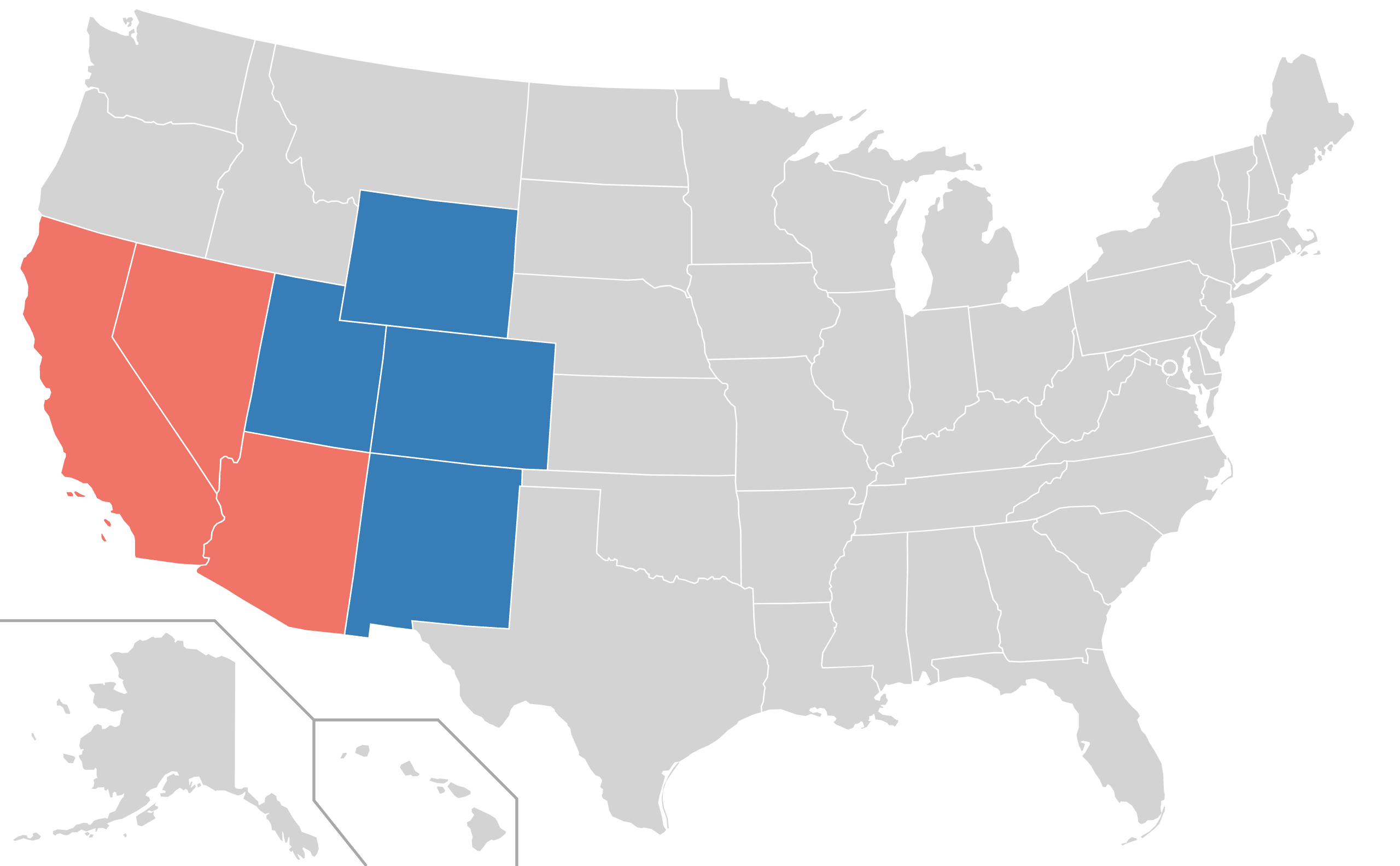- Western states in conflict over managing shrinking Colorado River.
- Upper Basin states focus on climate change impact, Lower Basin on water cuts.
- Both plans seek to avoid reservoirs hitting “dead pool” levels.
- Federal officials seek a unified solution by year’s end.
March 11, 2024 — The seven states reliant on the Colorado River are locked in a high-stakes battle over its future. This past week, they submitted dramatically different plans to the federal government , revealing deep divisions in addressing the river’s dwindling supply.
, revealing deep divisions in addressing the river’s dwindling supply.
Arizona, California, and Nevada proposed a plan that emphasizes measuring water levels across multiple reservoirs and a system to distribute cuts accordingly. Meanwhile, the Upper Basin states (Colorado, New Mexico, Utah, and Wyoming) are pinning their hopes on a plan that confronts the harsh reality of climate change.
Upper Basin: Adapting to Reality.
The Upper Basin plan stresses that these states are disproportionately burdened by climate-driven water loss. They propose adjusting water releases from Lake Powell, aiming to operate within the limitations of the shrinking river. This could mean sending less water downstream, potentially challenging existing water agreements. Upper Basin negotiators say they shouldn’t be held responsible for water shortages caused by natural forces.
Lower Basin: Shared Sacrifice.
The Lower Basin counters that such arguments are useless in the face of the crisis. They advocate for a broader view of the river system and propose cuts that would hit them first but also impact the Upper Basin if reservoir levels continue to drop. This focus on shared responsibility aims to protect the basin’s most populous areas and productive farmlands.
The Search for Common Ground.
Despite the competing visions, both sides seek to prevent a catastrophic scenario: Lake Powell and Lake Mead reaching “dead pool” levels where water can no longer power the dams. This threat has spurred emergency measures in the past and even prompted discussions about the future of Glen Canyon Dam.
Analysts see the week’s proposals as a starting point for negotiations rather than a final solution. Federal officials will now work to bridge the gaps and develop a unified plan for managing the Colorado River after the current rules expire in 2026.
Image:
Member states of the Colorado River Compact . Blue represents the Upper Basin, and orange represents the Lower Basin. MarginalWork created this map in 2018 and made it available via Wikimedia Commons.
. Blue represents the Upper Basin, and orange represents the Lower Basin. MarginalWork created this map in 2018 and made it available via Wikimedia Commons.


Leave a Reply